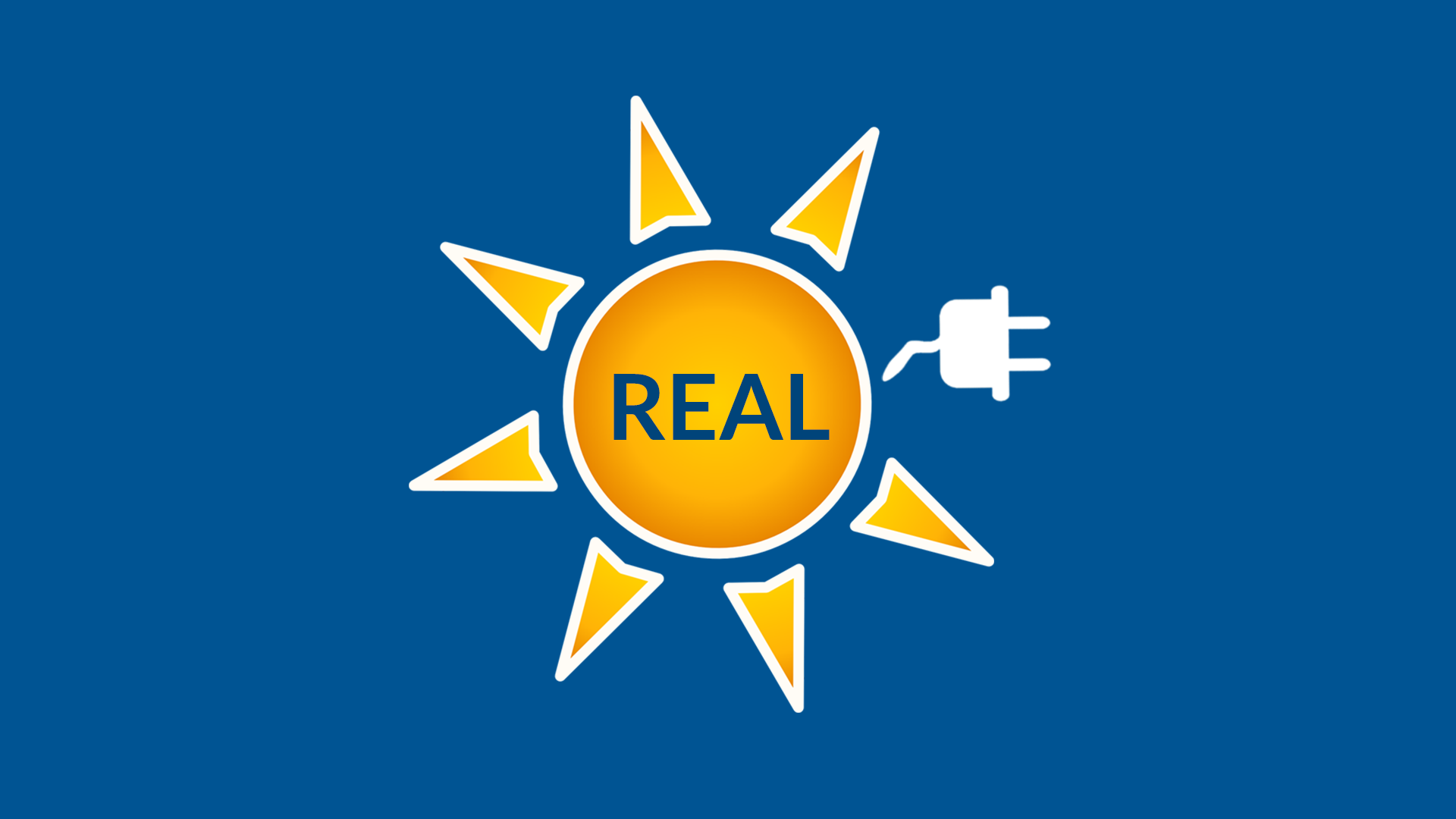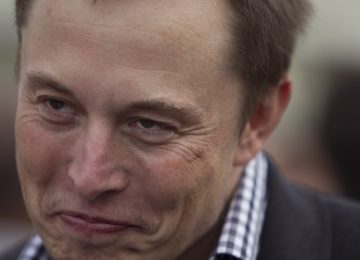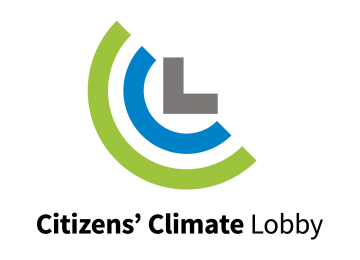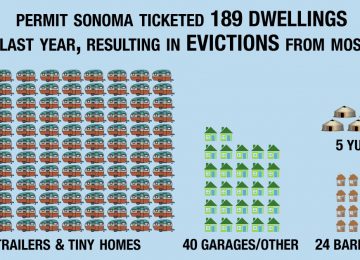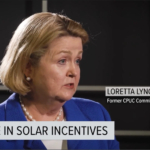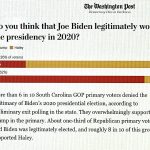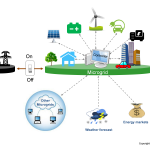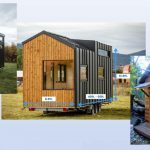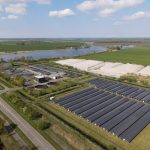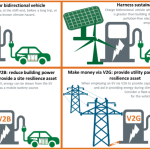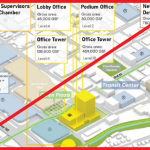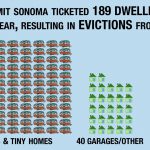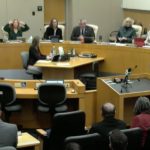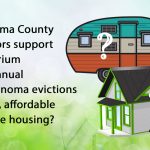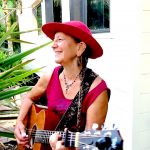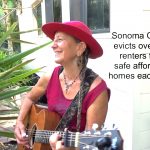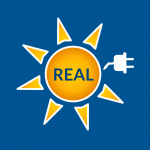California’s Renewable Energy Acceleration Law of 2024 (REAL) would be the most impactful climate solution ballot initiative in history. It could double the deployment of new privately financed solar electricity generation, every year for the next 20 years, and allow California to reach its urgent goal of decarbonizing electricity and transportation by 2045.
REAL would update the California Public Utility Code to permit “over the fence” sale of low cost solar power for a new generation of small solar family farms on agriculturally zoned land. These farms, up to 100 acres in size, would be permitted to sell the electricity that they generate to neighboring properties and rural EV charging stations within a two mile radius.
By legalizing the local sale of electricity for small grid-bypassing solar farms, REAL would leapfrog over the transmission capacity gridlock that has slowed the deployment of renewable energy in the state. REAL enabled solar family farms could attract as much as $2 billion a year of new investment, with 30% of that coming from federal government incentives.
REAL would advance climate equity in regions with some of the highest rates of asthma in the nation by powering rural EV charging stations to speed the replacement of heavy polluting diesel trucks and tractors, while also reducing hazardous dust on drought-fallowed farmland.
To qualify for the 2024 presidential election ballot, where it would likely pass, our new RealClimateSolution.com campaign must gather 600,000 signatures in six months, starting September, 2023.
Origin of the REAL Climate Solution
The Renewable Energy Acceleration Law (REALClimateSolution.com) was authored by UC Davis Professor Anthony Wexler, a world renowned climate scientist, and me, Jonathan Greenberg, a veteran investigative financial and legal journalist committed to public interest advocacy.
Free from any vested financial or institutional interest, our independent non-profit mission was to craft a climate bill that would overcome the key challenges that today prevents California from deploying enough solar power to decarbonize electricity and transportation by 2045. Our effort began in March, 2022, with a course that we taught with economist Thomas P. Tomich, a distinguished professor of sustainable agriculture and founder of the Food Systems Lab at UC Davis. We consulted with energy and legal experts during two subsequent classes at the UC Davis School of Law and the graduate School of Agricultural and Environmental Sciences, then developed the REAL ballot initiative.
Doubling Solar Farm Output
The state estimates that to electrify transportation and homes while replacing fossil fuels with renewables, it will need to generate 69 gigawatts of new solar farm electricity. But due to transmission gridlock, California has only been able to deploy half the annual output needed to meet this goal. Despite generous federal credits and tax advantages, tens of billions in private investment funding today awaits an up to eight year backlog for new utility scale solar farm approval.
The passage of REAL would immediately enable a new system of small solar farms and decentralized microgrids, which would bypass the larger transmission grid. For the first time, rural property owners would be empowered to pool the cost and benefits of low cost solar power by selling electricity to their neighbors.
REAL would allow solar family farms to be treated the same as rooftop solar projects in their county, subject to the same county-run safety regulations and inspections.
Reduces Electric Bills for Neighboring Properties
Because commercial solar farms can now make a profit while producing electricity for just 5 cents a kilowatt hour, and because buying electricity from utility companies typically costs 20 to 30 cents, small solar family farms could finance 100% of their costs, build new distribution lines and metering systems for microgrids, and still sell electricity to neighbors at a rate 20% to 40% lower than they currently pay.
Saves Ratepayers Billions in Transmission Grid Expansion Costs
Expanding the state’s transmission grid capacity to keep up with the expected doubling of demand that will be required to electrify transportation, homes and industry, is a complex, expensive challenge that will take decades.
By using local microsites to directly provide solar power to rural neighbors and EV charging stations, solar family farms would bypass the larger transmission grid, and reduce the demand on it by billions of kilowatt hours.
This would free up grid capacity to serve an increase in demand from urban and suburban regions, while sparing ratepayers billions of dollars in transmission grid expansion costs.
Brings EV Charging and Climate Equity to Rural Areas
The San Joaquin Valley today has some of the most polluted air, as well as the highest asthma rates, of any region in the country. REAL would improve the air and advance climate equity in the polluted valley by bringing fast, low cost charging stations to underserved rural areas. This will speed the replacement of highly polluting diesel trucks, tractors and farm equipment in rural areas.
During the past few years, more than 500,000 acres of California farmland has been forced to lay fallow because of climate related drought. If this fallowed land is left barren, air pollution will worsen due to increased toxic dust emissions. Fallowed land can be used to house solar arrays, which cools the land beneath it and reduces dust.
No Loss of Productive Farmland
Producing 30 gigawatts of new solar farms that generated more than $10 billion worth of electricity each year would require a total of 250,000 acres. This is less than 1% of California’s total farm and grazing land.
It is also less than one-half of the acreage that has already been fallowed due to drought. New solar farmland could be placed on fallowed land, or could sell unneeded water allocations to nearby properties in need.
As a result, REAL’s goal of 30GW of privately financed new solar power, could easily be met without reducing the number of agriculturally productive acres in the state.
Models a Replicable Transformative Climate Solution
We need to Get REAL: Replacing fossil fuels with renewables is the only way to avoid unimaginable climate catastrophe.
The Renewable Energy Acceleration Law will enable privately financed, grid-bypassing, highly resilient, decentralized power microgrids on a massive scale for the first time.
REAL is a climate solution whose time has come. The law can serve as a model for easy replication in other states and countries, resulting in thousands of decentralized small solar farms around the world.
Be Part of History
If you want to help California Get REAL, please email info@RealClimateSolution.com.

